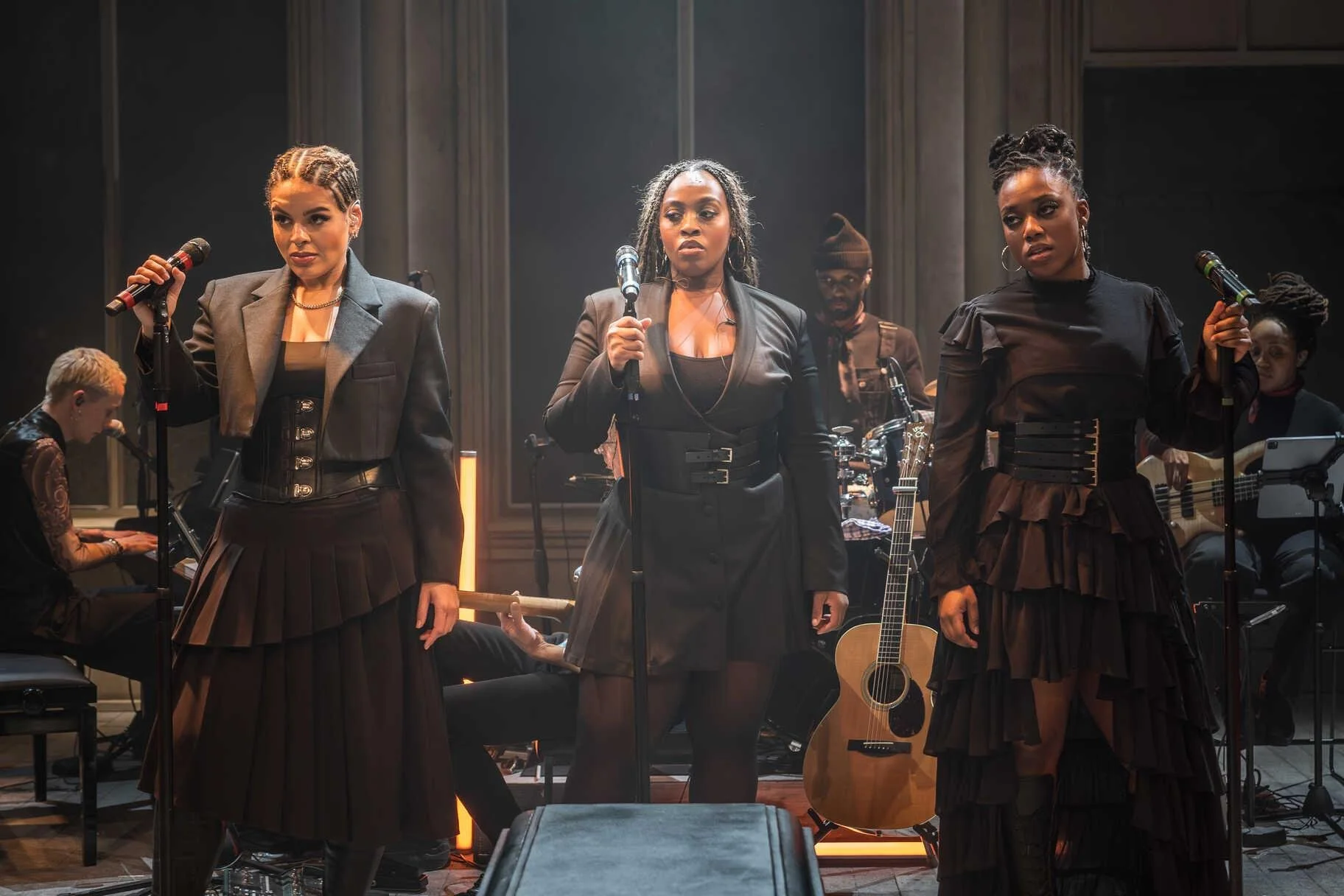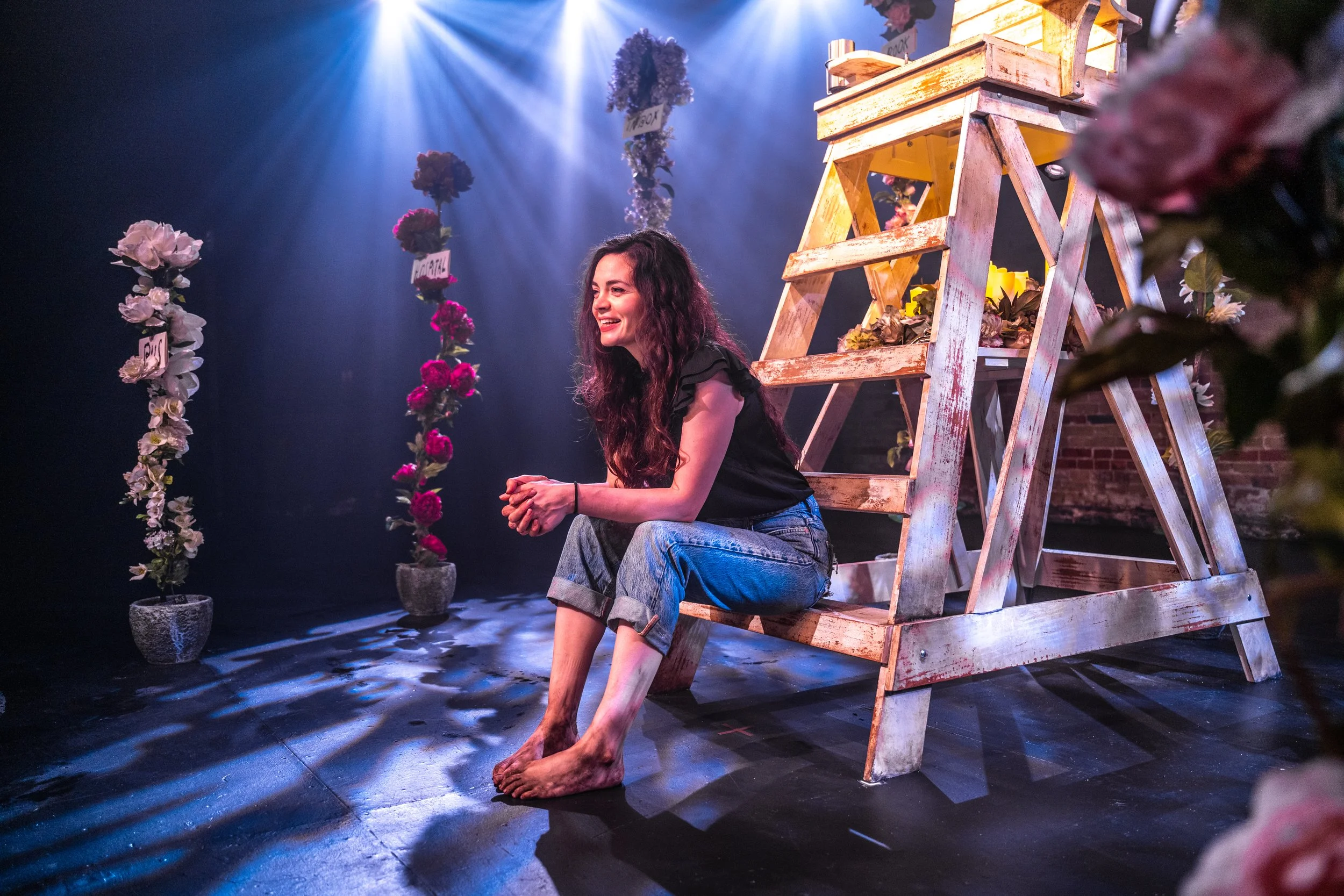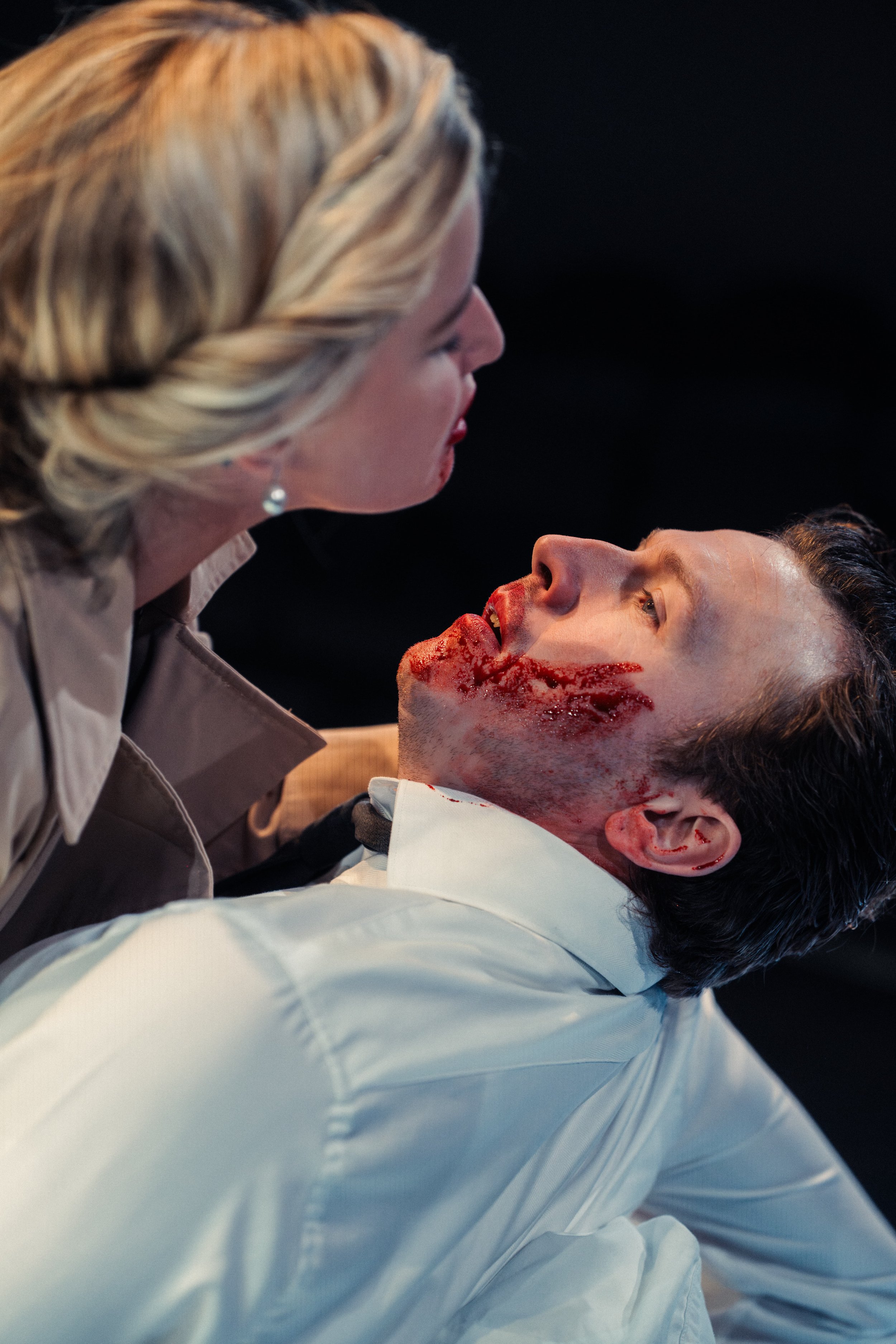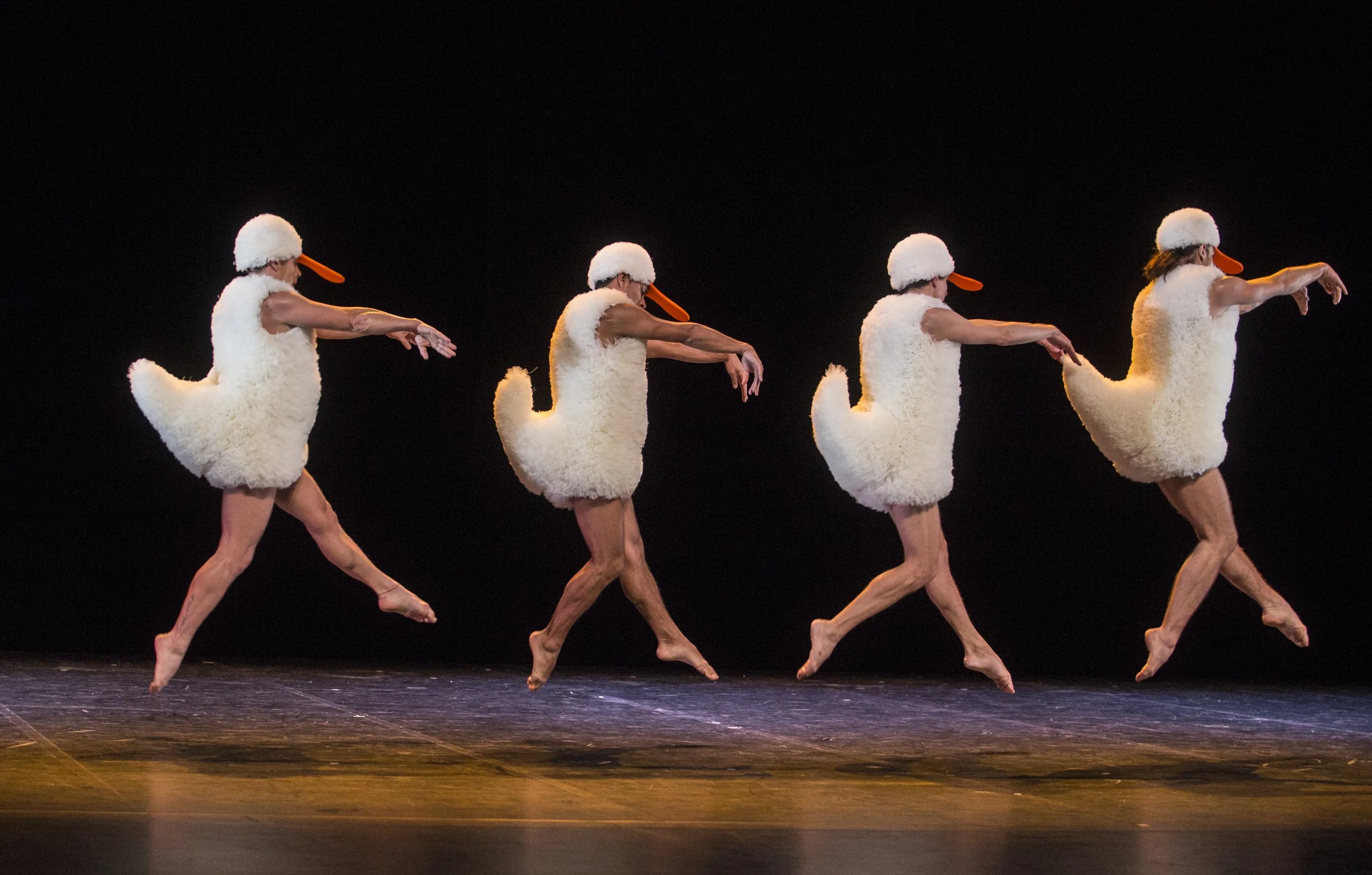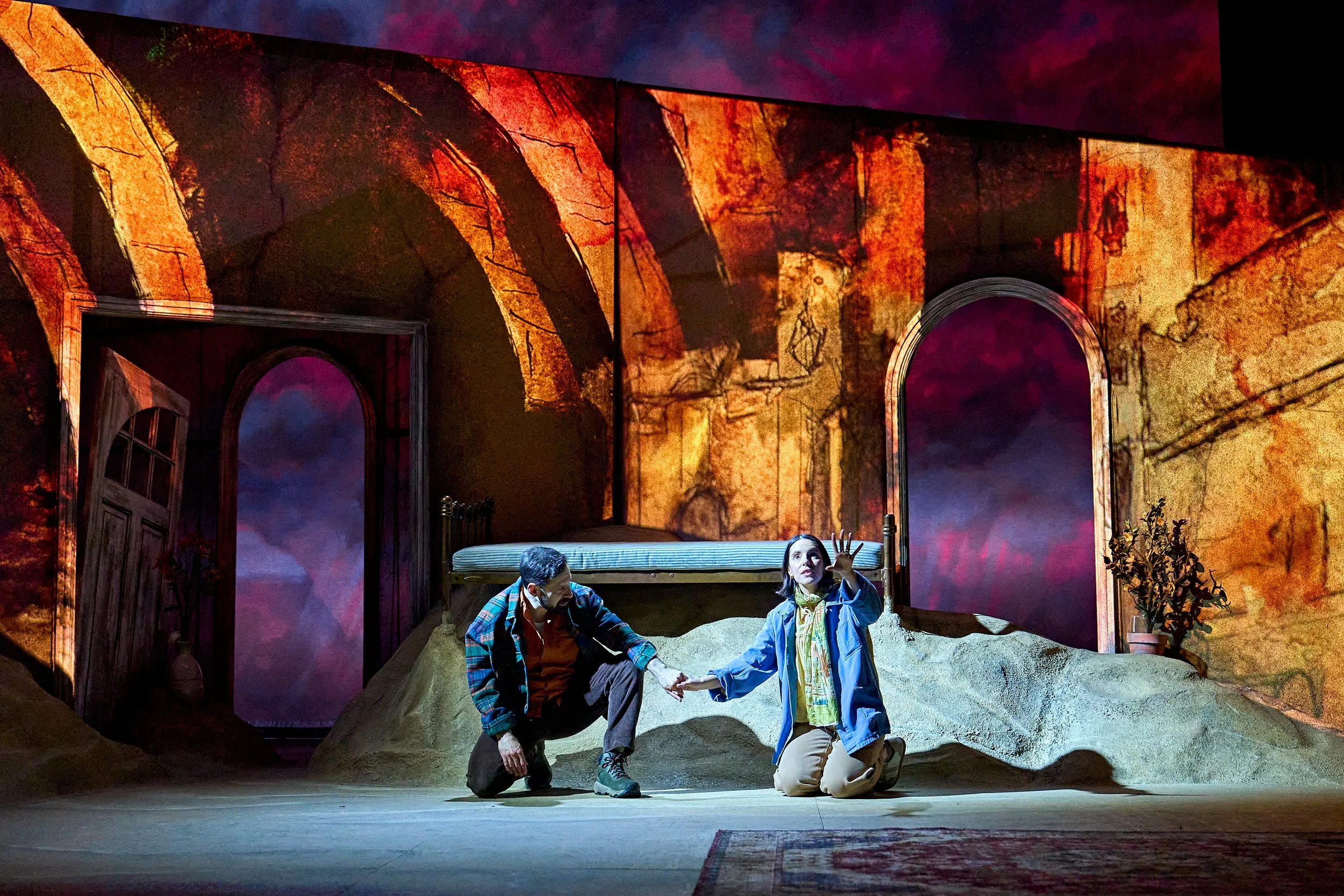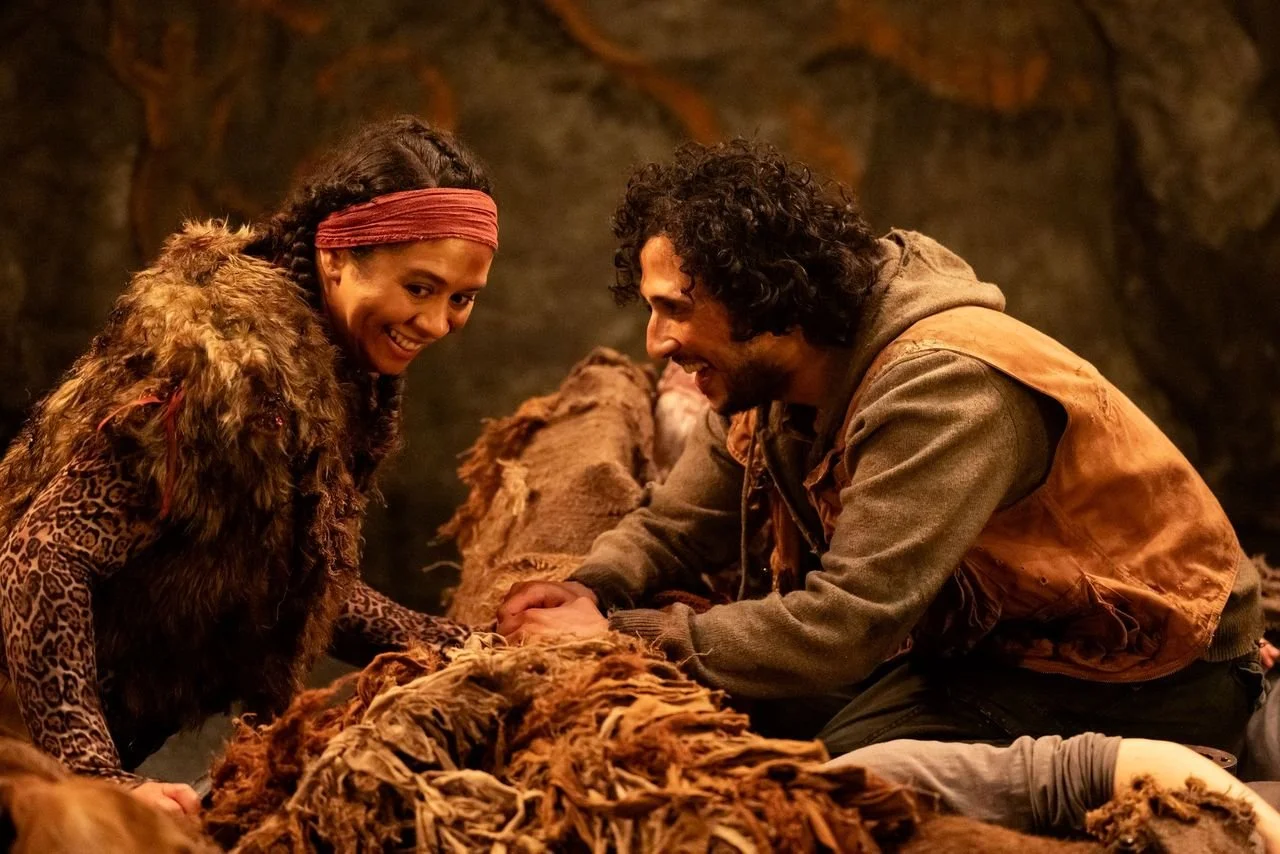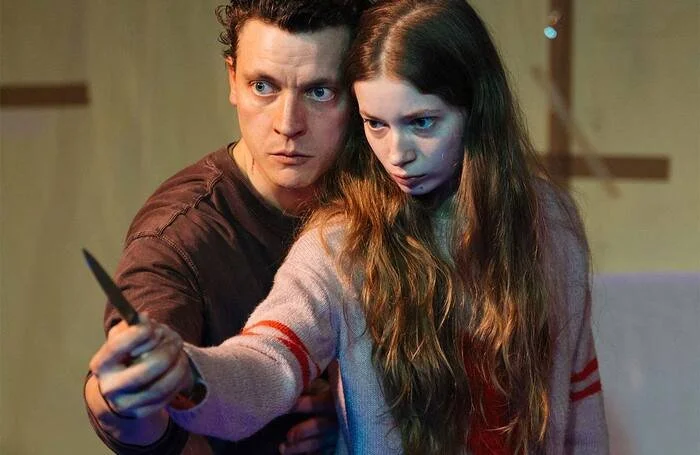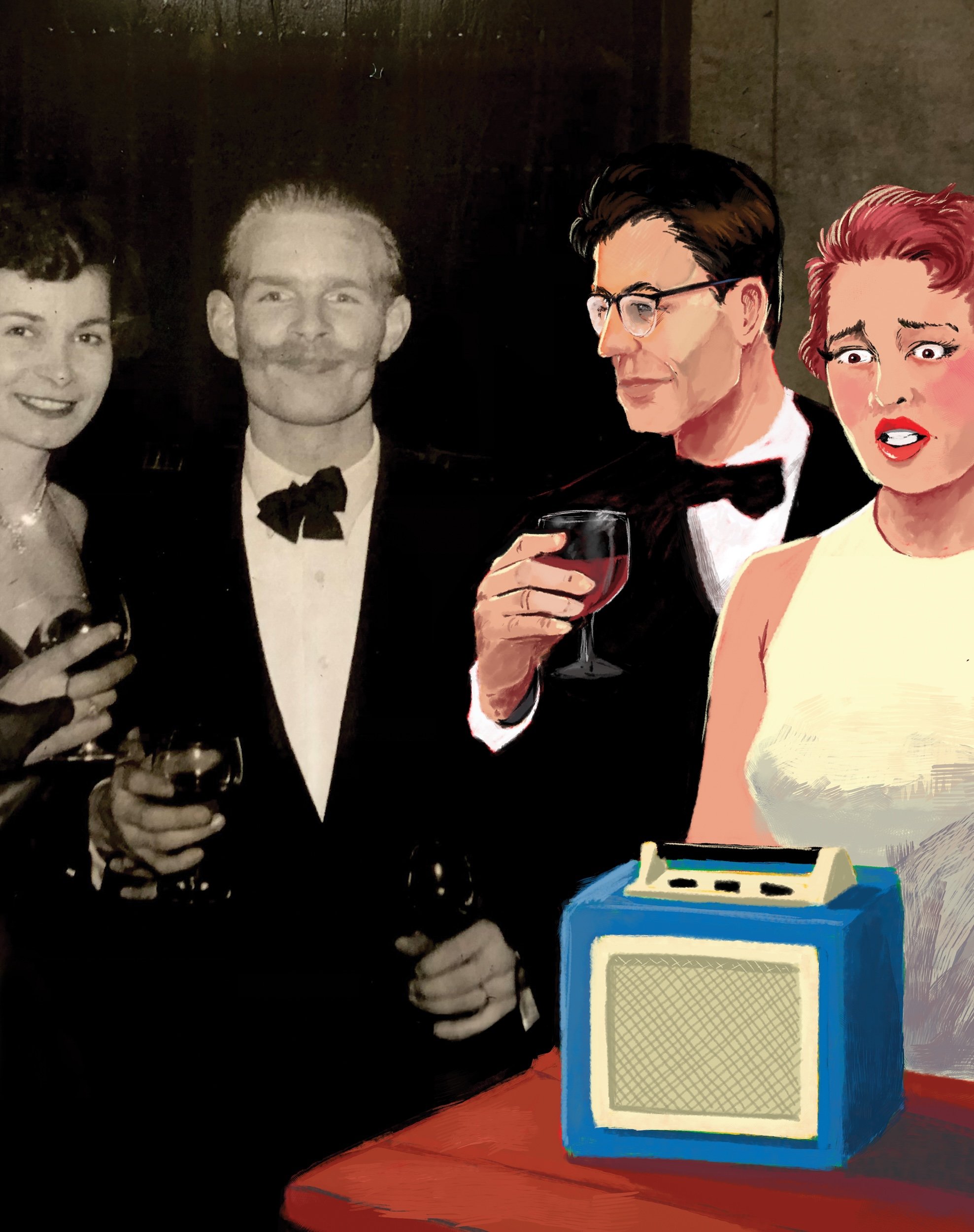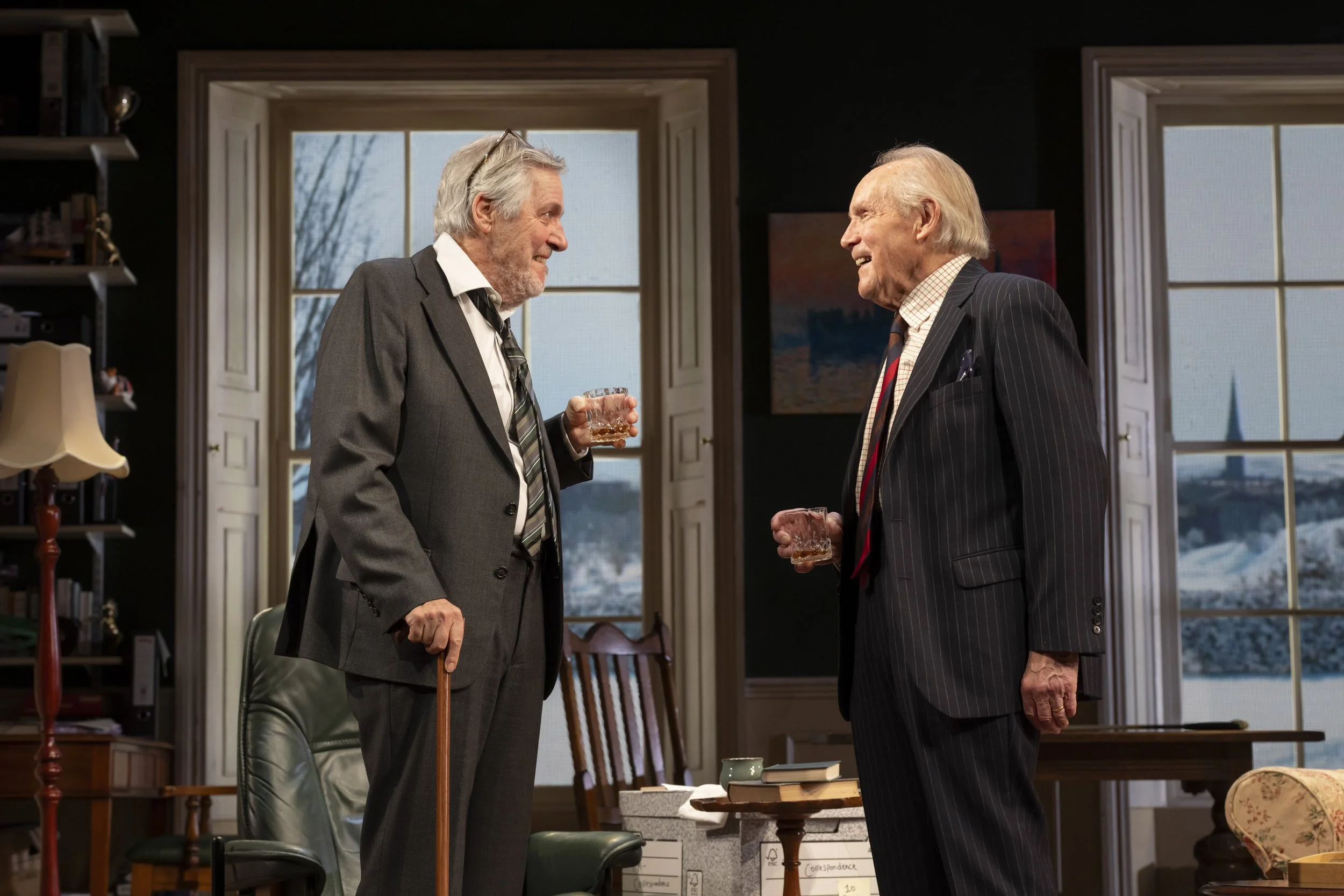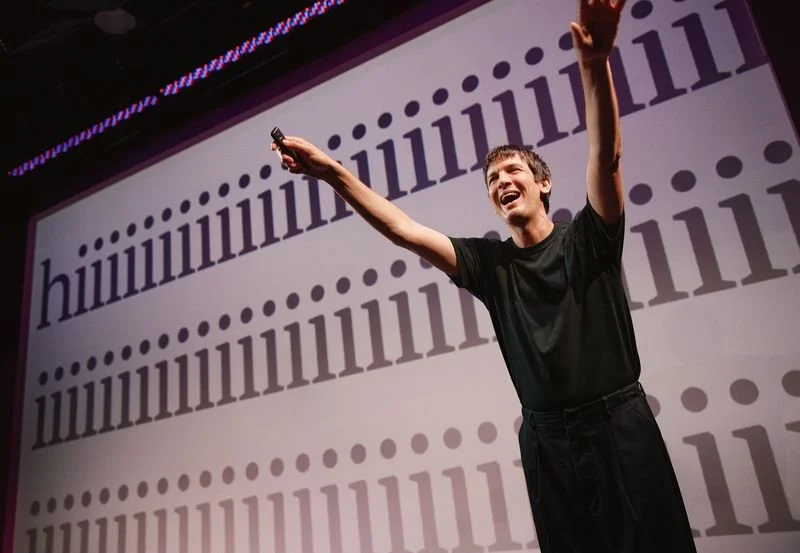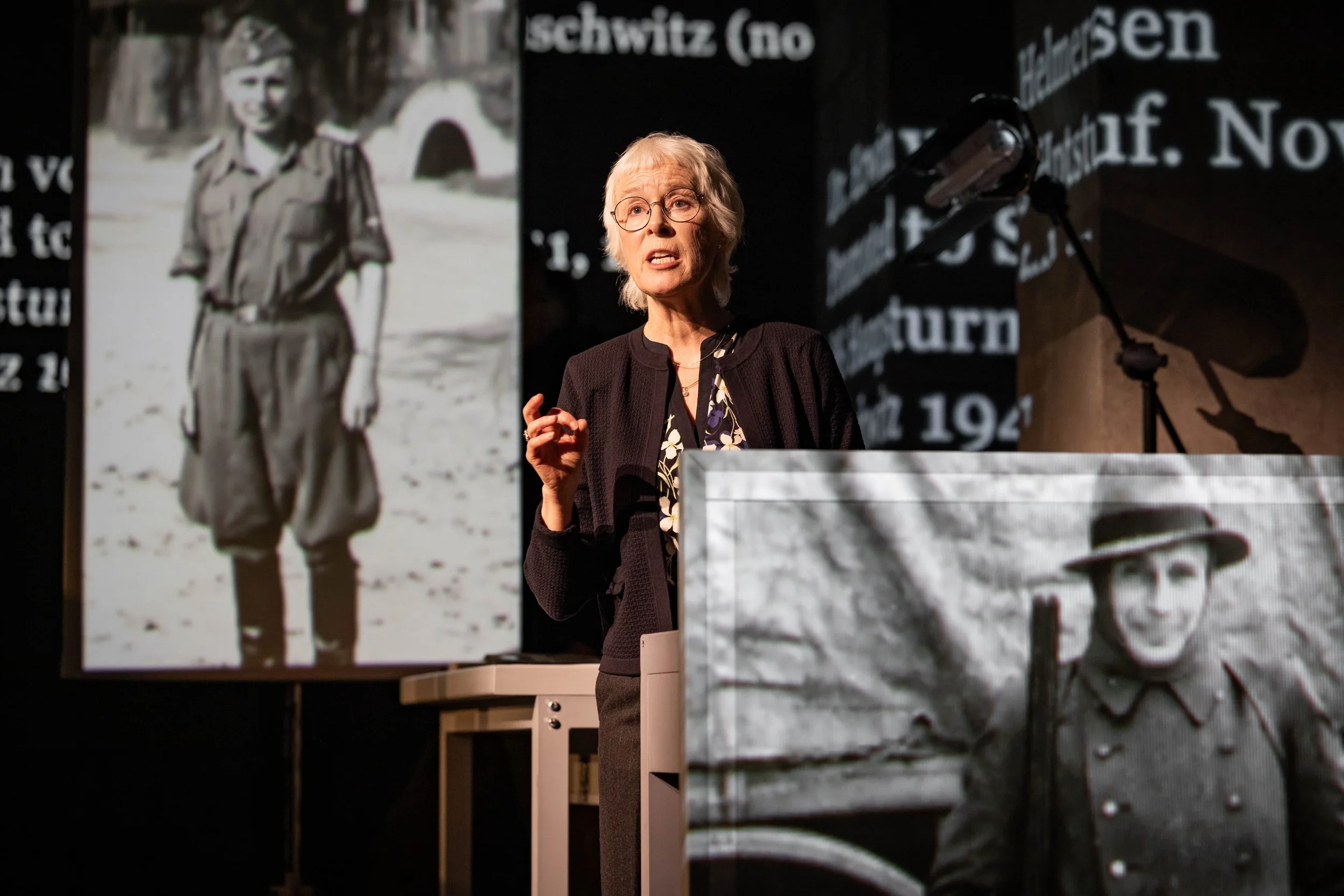Anthropocene, Baron’s Court Theatre Review
Written by Ziwen for Theatre & Tonic
Disclaimer: Gifted tickets in exchange for an honest review
At Camden Fringe 2025, the play Anthropocene, written by Ben Wendel and directed by Emily Hawkins and James Christensen, arrived at Barons Court Theatre. This production not only raises the issue of global warming but also aspires to something greater.
The story takes place over a few months in the middle of 1974. Fifteen-year-old Diana (Rosie Yates) has just lost her mother to cancer. Yet when facing her father's (Patrick Strain) grief, she seems unsure how to respond. Her mother was a scientist, and in Diana’s memory, she was either in the lab working on environmental science or in the hospital room, still consumed by her work. As a result, Diana never felt much warmth or care from her mother while growing up, and her passing doesn’t appear to stir much emotion in her. However, one day Diana stumbles upon her mother’s notebook, filled with research on the origins of life and predictions about future climate catastrophes. Unable to fully grasp the contents, she turns to her friend George (Jasper Price) to discuss the findings. Together, they follow the clues in the notebook and she eventually reaches out to Dr. Johann (Naomi Paxton), a former research partner of her mother’s.
The entire space of this small stage is put to full use. A few cardboard boxes, a book, some white sheets, a radio, two chairs, a metal bucket, a broom, a coat rack, and a single lightbulb come together to form the world of the story. Yates brings a genuine emotional depth to Diana. Although she claims that she does not feel much for her mother, it's clear she cares deeply. Price's George carries a distinctive sense of ease, and the chemistry between the two makes it easy to believe they are close friends. Paxton's Dr. Johann brings an eccentric yet approachable sense of humour to the role, serving as a dependable conversational partner. However, while the audience can sense the father's grief through Strain's performance, there’s a noticeable lack of familial connection between him and Yates.
As the story unfolds, the play devotes a significant amount of time to portraying the origins of life and the evolution of humanity. From rodents and towering trees to battles between apes, from the domestication of wolves to the discovery of fire, the actors vividly bring these scenes to life. With the help of lighting design by Ben Wendel, projections by Heather Holme, and a somewhat shadowy score by Ross Baillie-Eames and James Christensen, these sequences become more immersive. However, as these scenes are repeated throughout the play, a sense of repetition begins to set in, and a question is raised—are these moments truly so essential to Diana? Ultimately, she’s just trying to trace the path her mother left behind.
By the end of the play, the image of Diana’s mother still remains somewhat vague. Within this piece, just as her mother’s notebook symbolizes her presence, Diana needs to be able to catch a glimpse of her mother’s shadow. It is not only the research itself, revealing more of her mother’s personality would make the work more compelling. In addition, although clearly establishing the time period can often make a story feel more grounded, this production does not reflect the distinctiveness of its chosen era. If some of the historical context had come through in the characters’ dialogue, those small details would have made the story feel more realistic. Overall, while Anthropocene presents intriguing ideas, the way the story is told could benefit from further refinement.
Anthropocene runs at Barons Court Theatre until 17th August 2025.
★ ★ ★


